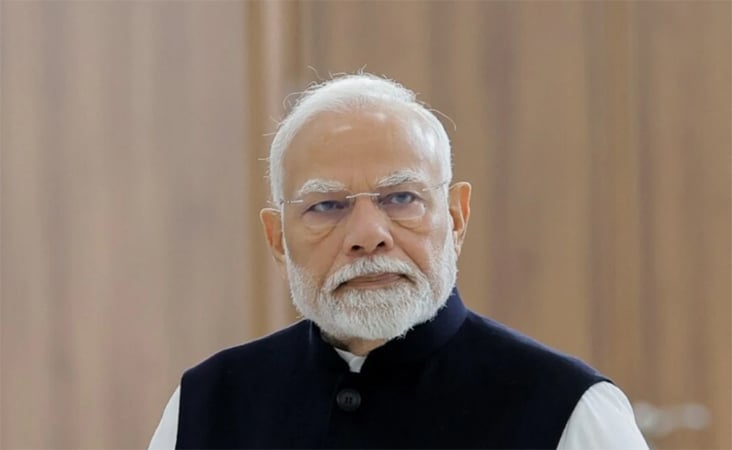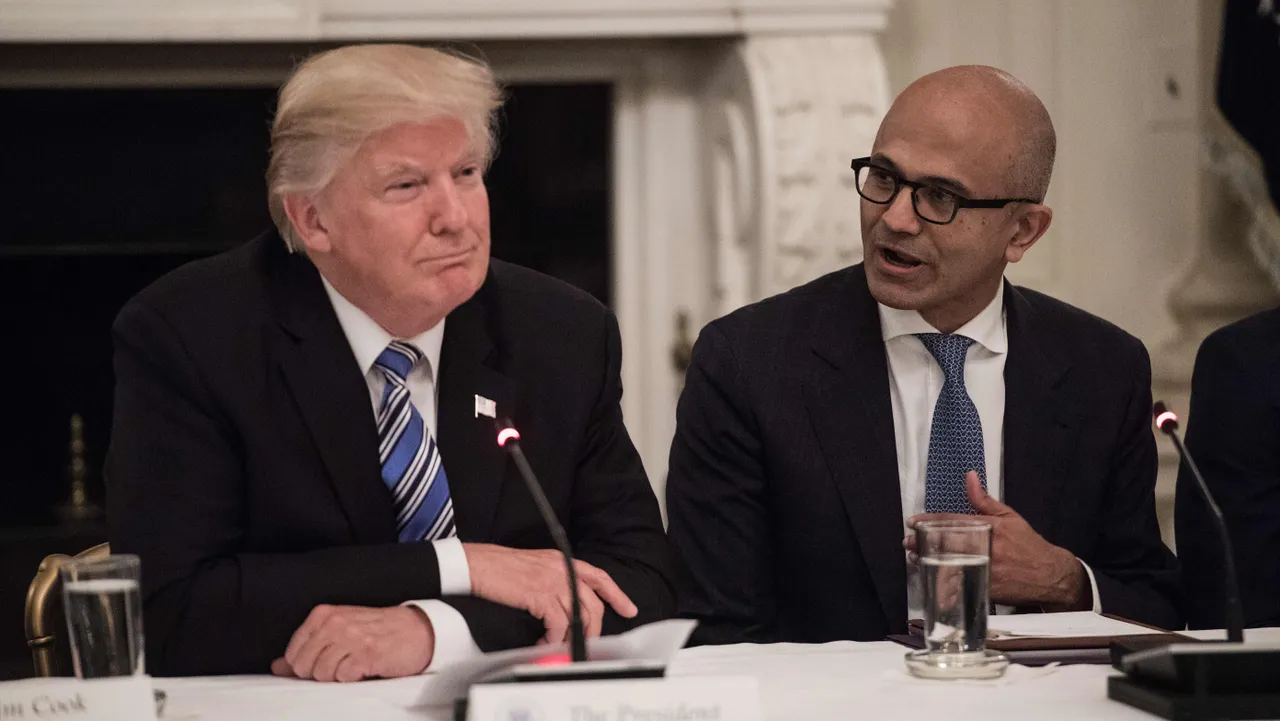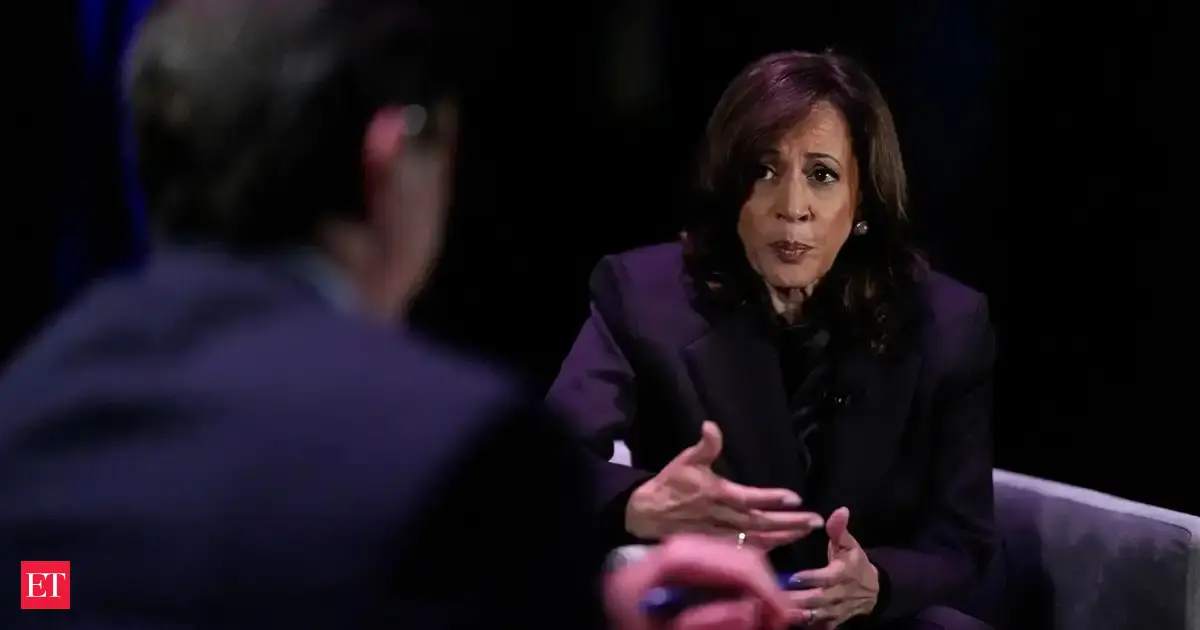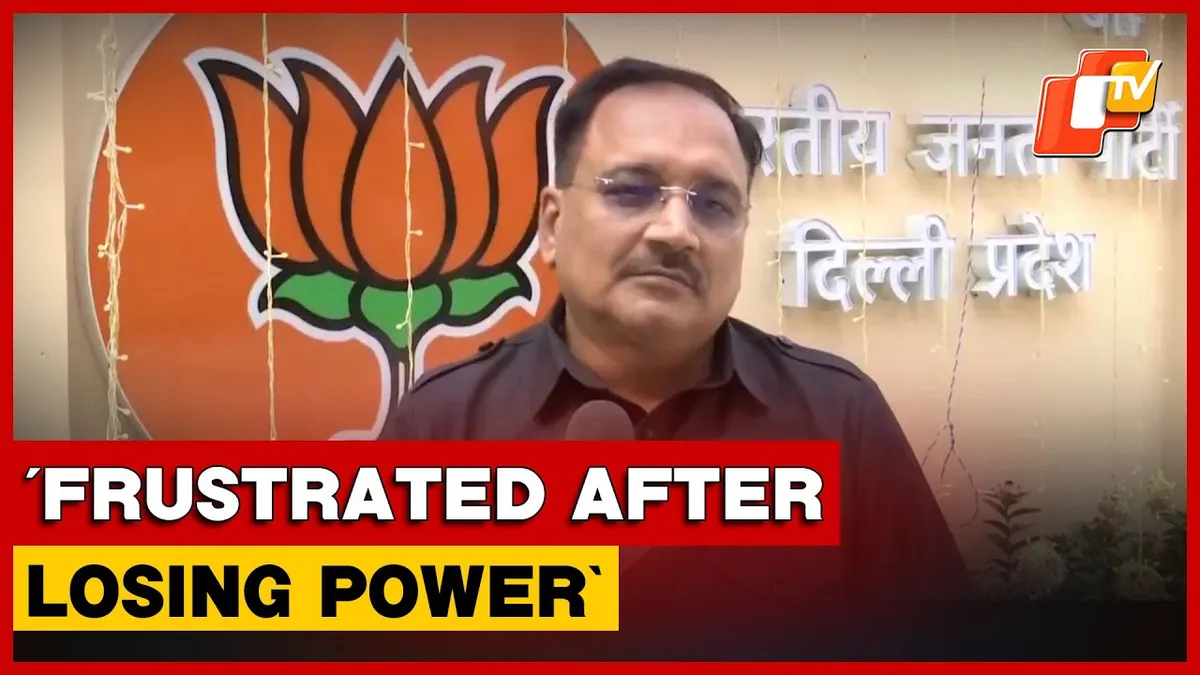Copyright dailytimes

Narendra Modi’s politics is not just about policy; it is about performance, psychology, and identity. His drive toward confrontation with Pakistan and militarized nationalism reflects deeper motivations that scholars like Ervin Staub (1989) and Richard Barnet (1985) have long associated with the origins of war – needs for security, recognition, and collective pride that arise when individuals and nations feel humiliated, insecure, or deprived. At its core, Modi’s militarism represents an attempt to redefine national strength through mythic struggle. As Staub notes, when societies experience frustration or loss of status, leaders may turn outward to reclaim purpose through antagonism. Modi’s repeated invocation of revenge and honour follows what Ralph White (1984) calls the “macho politics” of war – where the defense of national pride becomes more important than practical peace. This injured honour, coupled with Hindutva’s civilizational rhetoric, transforms India’s foreign policy into a vehicle for symbolic restoration rather than pragmatic stability. Historical examples underline this dynamic. John Stoessinger (1982) observed that national leaders often miscalculate under illusions of superiority. Modi’s stance is its mirror opposite: a masculine overcompensation that interprets every negotiation as weakness and every restraint as surrender. The constant threats of retaliation against Pakistan, even after military failures or retreats, are symptoms of this same psychological loop. The ideology of the “national security state,” as Barnet (1985) argued, distorts the meaning of security by equating it solely with military strength. In Modi’s India, that distortion has reached its peak. Policies that glorify border conflicts, media that celebrate airstrikes, and the use of soldiers as campaign symbols reflect a militarized national identity. Freeman Dyson (1986) warned that human thought patterns glorify war long after its realities have changed – a truth visible in how Indian politics continues to romanticize conflict even in the nuclear age. The events of 2025 revealed the cost of this ideology. After Pakistan’s strong counterattacks in May during Operation Sindoor, India was forced into a defensive position, ultimately retreating and privately appealing to the United States for diplomatic intervention. The US and China jointly pushed for de-escalation, rejecting India’s narrative at the global stage. Yet even after that humiliation, Modi continued to repeat in August and October 2025 that India “will take revenge” and “teach Pakistan a lesson.” Such rhetoric, despite international restraint, exposes how domestic political ego can override geopolitical reason. Staub (1989) reminds us that unresolved historical trauma and collective insecurity can produce cycles of devaluation and antagonism. Modi’s India continues to glorify past wars – from Kargil to Balakot – teaching them as moral triumphs rather than tragedies. William James once called for a “moral equivalent of war,” suggesting that the bravery and unity derived from military service could be channelled into constructive community work. Yet Modi’s administration, instead of seeking such moral equivalence, has chosen literal war as a stage to demonstrate discipline, devotion, and national rebirth. Wars, however, rarely serve those who start them. They become mirrors of a nation’s fears. When a state’s identity depends on conflict, it risks perpetual insecurity. As Barnet and Staub suggest, real peace requires self-awareness – the courage to question inherited narratives and recognize that the search for security through domination only multiplies insecurity. If the international community truly seeks to prevent further escalation in South Asia, it must go beyond diplomatic balancing and address the ideological roots of militarism – both in New Delhi and beyond. Global institutions, still timid before powerful states, must evolve from silent observers into credible arbiters. Until then, leaders like Modi will continue to manufacture moral justifications for war, redefining aggression as patriotism and peace as weakness. As Staub wrote, “National self-awareness requires processes of exploration within the society.” India must begin that exploration now – before the myth of strength consumes the reality of peace.



